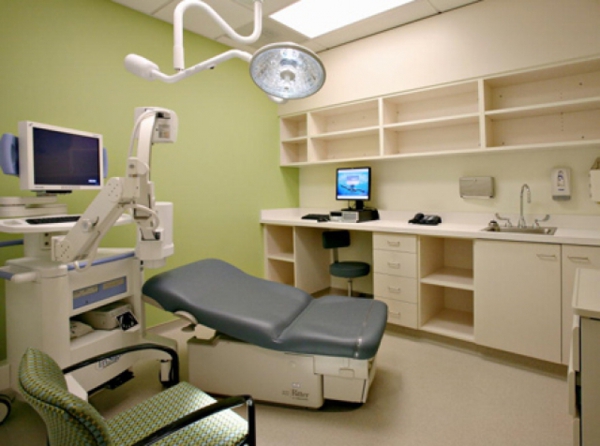Medical offices must work with specialized etiquette rules in addition to common etiquette when answering the phone. When you are dealing with patients who could be sick, elderly, or anxious you need to be able to be both helpful and efficient while on the phone. The phone is often one of the first points of contact between a patient and the doctor’s office. This means that the way you answer your phone will give each patient their first idea of what your office is like and whether they believe they’ll receive the proper medical support from you. Practicing proper telephone etiquette can make each call and subsequent appointments a smoother and more pleasant experience for everyone involved.

Even if you employ a medical answering service chances are that you will have the option of providing them a personalized script and guidelines that are unique to your office so knowing proper telephone etiquette is crucial even when you are not answering the phone yourself. Since an answering service is representing you and your business you want them to be professional, courteous, and functional when they are taking care of your clients for you.
Below are telephone etiquette tips to keep in mind whether you are answering the phone, you’ve hired an administrative assistant to answer all your calls, or you utilize a live answering service during the times you are not available.
1. Medical offices should always be aware of how the phone is answered first and foremost. Whoever answers the phone should speak in a pleasant and polite tone and identify themselves first and then the business. Once a patient has given their reason for calling action should be taken to ensure their call is given immediate attention. If the patient is calling to talk to the doctor then they should be routed to the correct physician’s line or a message should be taken if the doctor is unavailable. A patient should always be given a second choice if their request can’t be completed immediately.
2. There are times when a patient will need to be put on hold such as if they are waiting to speak with a nurse or if there are other calls that need to be answered. While there is nothing wrong with putting a patient on hold they should not be placed on hold for too long, and they should never be left on the line or forgotten. Patients should always be treated with the same respect and courtesy that we would want given to us.
3. Similarly a phone should never be allowed to ring more than a few times. It can be frustrating for a patient who may already be feeling anxious or unwell to also feel that their call is unimportant and that no one is going to answer it. If there is no one at the front desk to answer a call then the telephone should be routed to a live answering service where a message can be taken or a patient can be given further call-back instructions.
4. An administrative assistant, their backup, or a call center should all have extensive HIPAA training to ensure that they understand patient confidentiality as it extends to speaking on the phone with a patient or their loved ones. There may be times that friends or family members will call and ask for patient information. Even something as innocent as answering a friend’s question whether or not a patient is taking a specific medication could be a direct violation of HIPAA policy. Be sure to check that anyone answering who is answering your telephone calls understands patient privacy acts and HIPPA.
Kurt Duncan is the Director of Operations of MedConnectUSA.com. MedConnectUSA is a leading provider in medical telemessaging services and has been serving the healthcare industry since 1991.
Telephone Etiquette For Medical Offices

